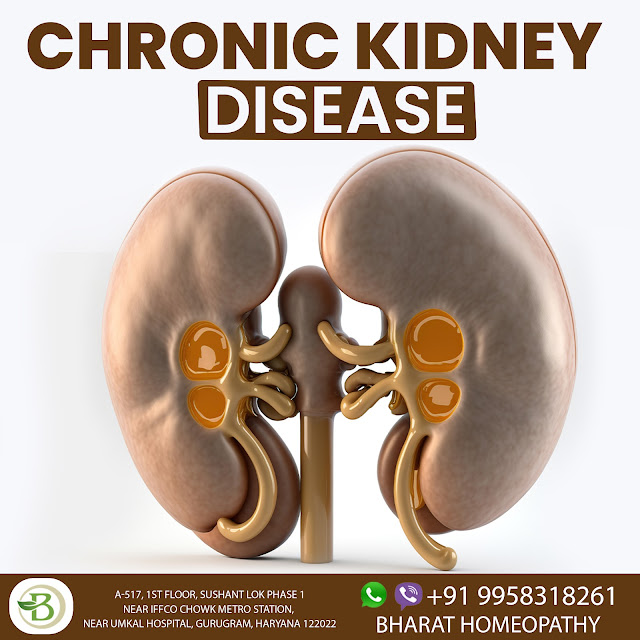Detecting Chronic Kidney Disease: Cracking the Code

The prompt chronic kidney disease diagnosis , monitoring of the creatinine levels , and the appropriate kidney treatment are essential to control CKD. We will further explore the signs of CKD and the side effects of high creatinine , the importance of levels of creatinine, the bun/creatinine ratio , and possible treatments, such as the use of homeopathic medicines. Chronic Kidney Disease Diagnosis Ckd diagnosis is an important step to stop its progress. The early detection of CKD allows for prompt intervention, which may delay the progression of the disease. To determine CKD, doctors usually use a combination of tests, which includes kidney function test s . The most crucial indicator in these tests is creatinine. Creatinine and Its Significance Muscles release creatinine, an unneeded waste product, as they break down the chemical creatine phosphate. The kidneys eliminate it out of the bloodstream and flush it out in urine. Creatinine levels present in the blood could be used a...



